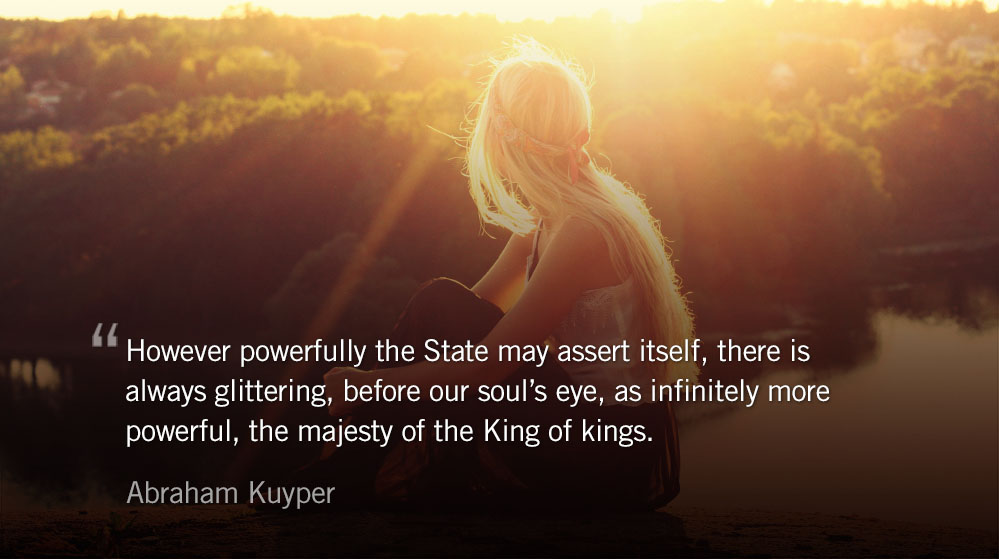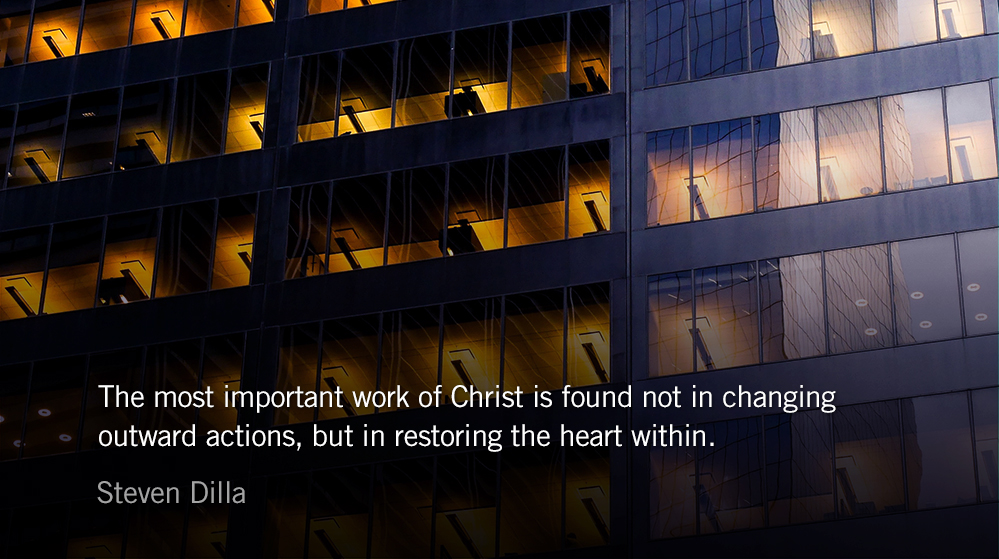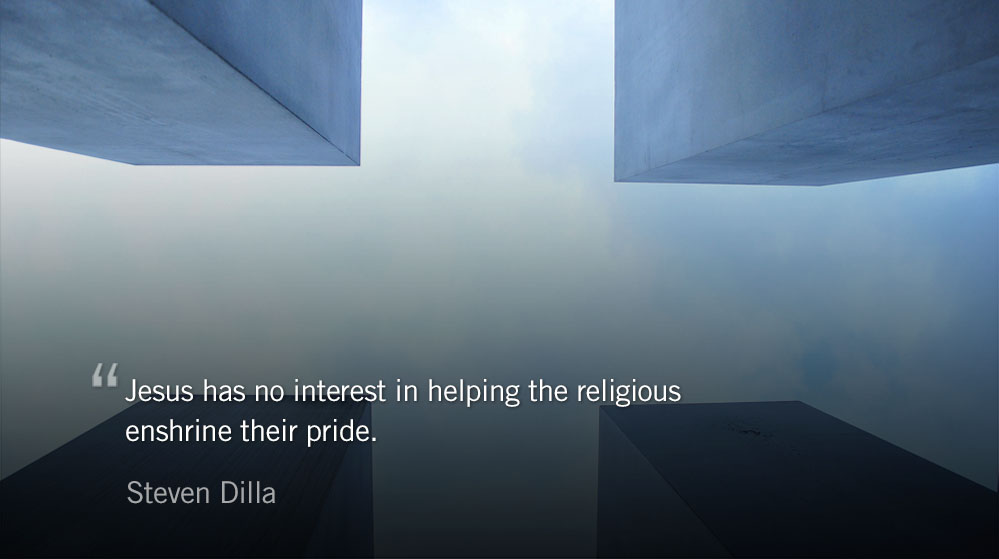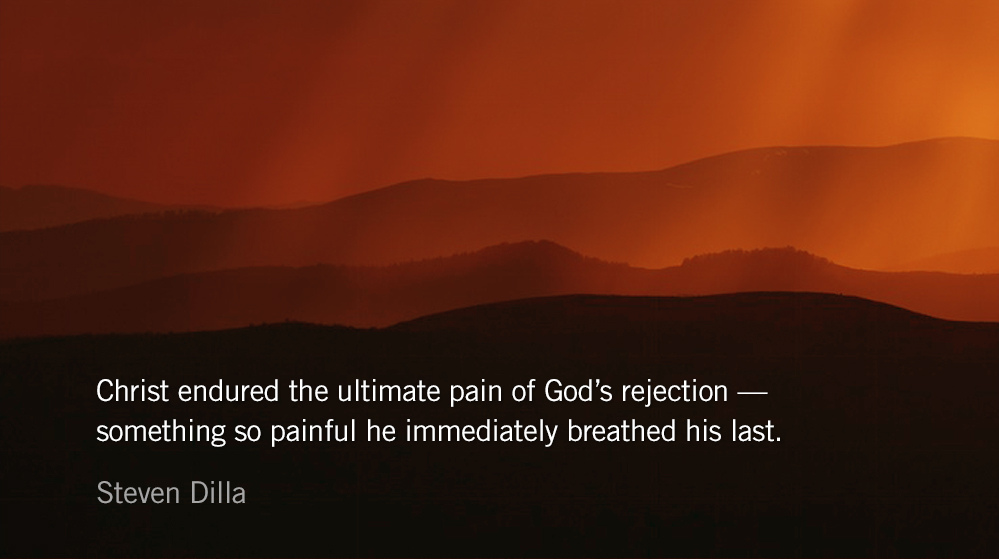Daily Reading
Genesis 23 (Listen – 2:34)
Matthew 22 (Listen – 4:56)
Matthew 22.21
Then Jesus said to them, “So give back to Caesar what is Caesar’s, and to God what is God’s.”
TBT: The Highest Right |by Abraham Kuyper
In politics, the human element—here the people—may not be considered as the principal thing, so that God is only dragged in to help this people in the hour of need. On the contrary, God, in His Majesty, must flame before the eyes of every nation, that all nations together are to be reckoned before Him as a drop in a bucket and as the small dust of the balances.
The Sovereignty of God is the source of all authority among men. It makes it easy for us to obey authority, because, (1) in all authority, it causes us to honor the demand of divine sovereignty. (2) It lifts us from an obedience born of dread of the strong arm, into an obedience for conscience sake. (3) It teaches us to look upward from the existing law to the source of the eternal Right in God, and (4) it creates in us the indomitable courage to protest against the unrighteousness of the law in the name of this highest Right.
A people therefore which abandons to State Supremacy the rights of the family, or a University which abandons to it the rights of science, is just as guilty before God as a nation which lays its hands upon the rights of the magistrates. And thus the struggle for liberty is not only declared permissible, but is made a duty for each individual in his own sphere.
However powerfully the State may assert itself and oppress the free individual development, above that powerful State there is always glittering, before our soul’s eye, as infinitely more powerful, the majesty of the King of kings, Whose righteous bar ever maintains the right of appeal for all the oppressed, and unto Whom the prayer of the people ever ascends, to bless our nation and, in that nation, us and our house! [1]
Prayers from the Past:
We beg you, Lord, to help and defend us. Deliver the oppressed, pity the insignificant, raise the fallen, show yourself to the needy, heal the sick, bring back those of your people who have gone astray, feed the hungry, lift up the weak, take off the prisoners’ chains. Make every nation come to know that you alone are God, that Jesus Christ is your Child, that we are your people, the sheep that you pasture.
— Clement of Rome c. 96 C.E.
(An excerpt from the earliest known Christian prayer from outside of scripture)
This week: For These Things, I Weep
Part 4 of 5, read more on TheParkForum.org
___________________
FAQs
How can I make a tax-deductible donation? Click here.
How can I get these devotionals in my inbox? Click here.
What is the reading plan this blog is based on? Click here.
___________________________________
Footnotes
[1] Abridged and updated language from Abraham Kuyper’s “Calvinism and Politics.” Lectures on Calvinism. Eerdman’s Publishing, 1931.










